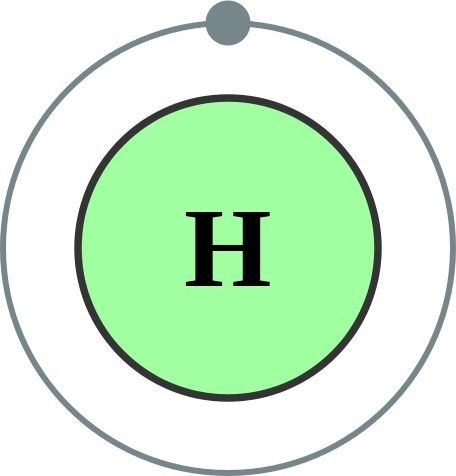For over 80 years, scientists all round the world have dreamt of converting hydrogen, the first element of the periodic table, into a metal. And now, after hundreds of failed attempts in the history, scientists from U.S. have finally managed the feat by compressing hydrogen so profoundly that it has turned into a metal!
Back in 1935, physicists Hillard Bell Huntington and Eugene Wigner proposed a theory that hydrogen, which normally exists in a gaseous state, could transform into metallic state once exposed to extreme pressure. Since then many scientists have tried to practically prove the theory — albeit unsuccessfully. However, this discovery, which was published in the journal ‘Science’ on Thursday, is the first confirmation of the theory.
The metallic hydrogen is a potential superconductor, a material with extraordinary electricity conducting capabilities, a quality which makes it a very expensive metal. But it holds the ability of revolutionizing the world of ultra fast super computers, high speed levitation trains, or any other thing which involves conduction of electricity.
